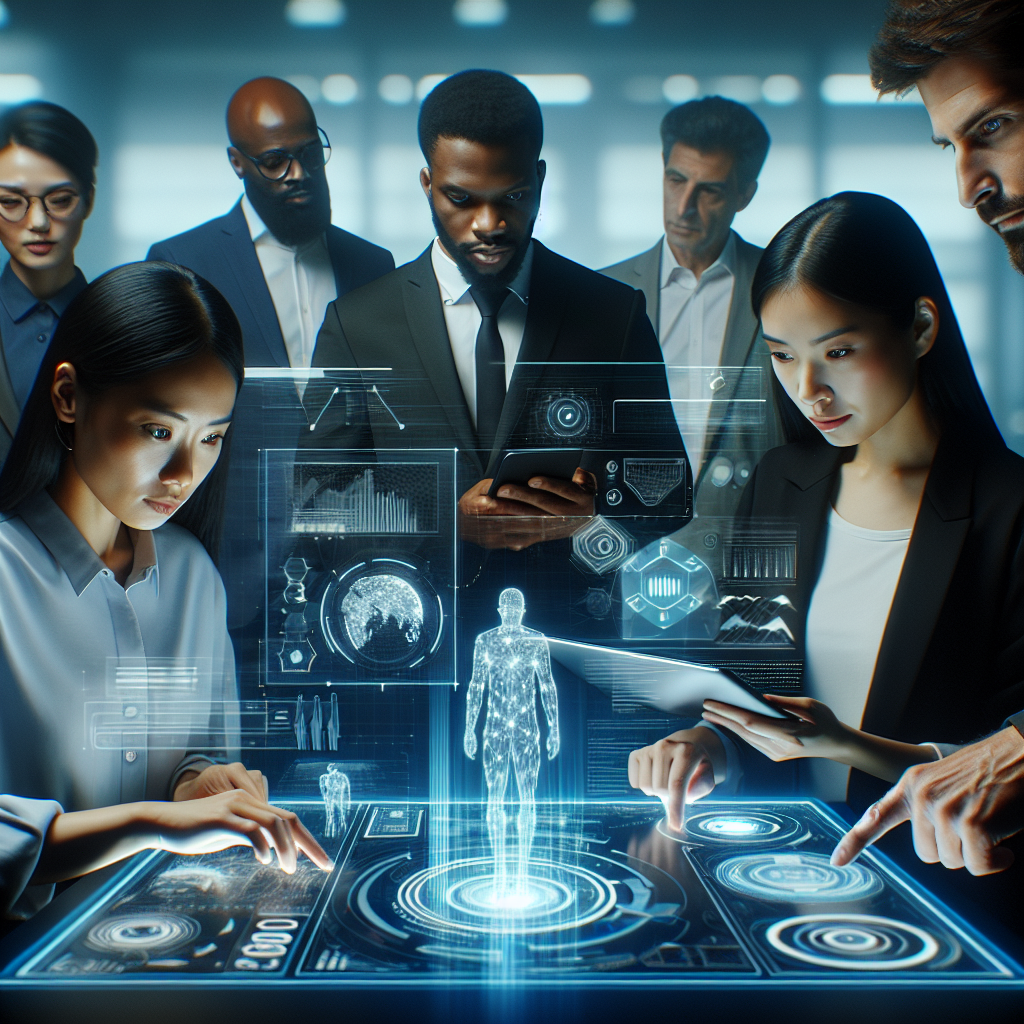Unpacking the Latest AI Developments: A Detailed Analysis
The world of artificial intelligence (AI) continues to evolve at an unprecedented pace. This week has been particularly bustling with announcements from leading AI firms, covering everything from new features in advanced AI models to strategic partnerships with big-name media outlets. Here’s a zesty analysis of the major updates you need to know.
New Horizons with Anthropic's Claude
Anthropic has rolled out some ground-breaking features in their AI, Claude. The introduction of "projects" enables users to create customized AI experiences by uploading a set of files that the AI will refer to every time a chat within that project is initiated. This is similar to custom GPT functionality in ChatGPT. With these projects, users can specify custom instructions, ensuring the AI responds consistently according to the given directives. For instance, you can instruct Claude to always start responses with a familiar greeting or summarize uploaded research papers concisely.
This feature is not just about personalization; it’s a game-changer for collaborative work. Sharing projects among team members and using the same knowledge base collectively can streamline workflows significantly. The user interface has also seen tweaks for better accessibility and smoother navigation, making Claude more user-friendly and efficient for professional environments.
Gemini's Massive Context Window and Enhanced Features
Google has upped the ante with Gemini 1.5 Pro, boasting a staggering 2 million context window. To put this into perspective, this allows for a text input and output capability nearly equivalent to the entirety of the Harry Potter series combined. This colossal context window means that users can engage in deeply comprehensive dialogues with the AI, making it ideal for large-scale projects involving extensive data.
Moreover, Gemini 1.5 Pro's ability to execute code and the availability of the open-source Gemma 2 model mark significant advancements. These models have demonstrated superior performance in benchmarks, outperforming other leading models like Llama 3 and Grok. The addition of 110 new languages to Google Translate, powered by AI, further underscores Google’s commitment to breaking down language barriers and enhancing global communication.
OpenAI's Voice Assistant and Critic GPT
OpenAI's innovations continue to capture attention, with the advanced voice assistant poised for release. Although delayed, the anticipation remains high due to its capabilities, which include generating background sound effects during storytelling. This feature can add a new layer of immersion and interaction, particularly valuable for entertainment and educational purposes.
Another notable development is Critic GPT, a model trained to review and critique code written by ChatGPT. This could be revolutionary for developers, as it helps catch errors and suggests improvements, streamlining the coding process. While Critic GPT's suggestions are not always infallible, they significantly enhance the quality control of AI-generated code.
For users eager to try these new offerings, the Mac desktop app for ChatGPT is now widely available. It integrates seamlessly into the Mac ecosystem, providing an efficient way to interact with ChatGPT directly from your desktop.
Strategic Partnerships and Media Integration
OpenAI has also made strategic moves by partnering with Time Magazine in a multi-year content deal. This partnership gives OpenAI access to a century’s worth of Time’s journalistic content, which can enrich the AI’s understanding and responsiveness based on historical context. Conversely, Time gains access to OpenAI's technology, which can be leveraged to create innovative products for its audience.
In a similar vein, Time has partnered with Eleven Labs to enhance its digital content with highly realistic text-to-speech technology. This initiative is aimed at making Time's extensive archive more accessible by providing high-quality audio versions of their articles. This move towards audio-native content aligns with the broader trend of making information more accessible and consumable through diverse formats.
Implications and Future Directions
These developments indicate a significant shift in how AI is leveraged across different sectors. The enhancements in Claude, the massive leap in context windows with Gemini, and the error-checking capabilities of Critic GPT all point towards a future where AI can handle more complex and nuanced tasks. Collaborative features and strategic partnerships underscore the importance of integrating AI deeply into existing workflows and content ecosystems.
The introduction of audio-native content and the ability to interact with large datasets seamlessly suggests that AI will soon become an indispensable tool in both professional and personal contexts. As companies like OpenAI and Google continue to push the boundaries, we can expect to see even more sophisticated and user-friendly AI tools emerging.
For those interested in diving deeper into these topics, the following links provide additional detailed information:
As we continue to track these developments, one thing is clear: the future of AI is brimming with possibilities, and its integration into daily life and professional spheres is accelerating. Whether you're a developer, a business leader, or just an AI enthusiast, these advancements offer tools and capabilities that can fundamentally alter how we interact with technology and information.
Stay tuned for more updates as the AI landscape evolves and expands, promising to bring even more transformative changes in the near future.
Related News
- Recent Developments in AI: Voice Modes, Memory Features, and Innovative Applications
- The Exciting Developments in AI: A Comprehensive Analysis
- A Week of AI Overload: OpenAI and Google Battle for Dominance
- Exploring the Latest Frontiers in AI: A Comprehensive Analysis
- Unpacking the Latest Buzz in AI: A Week of Breakthroughs and Innovations
